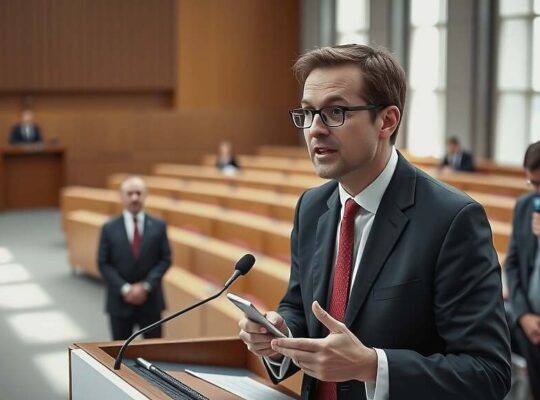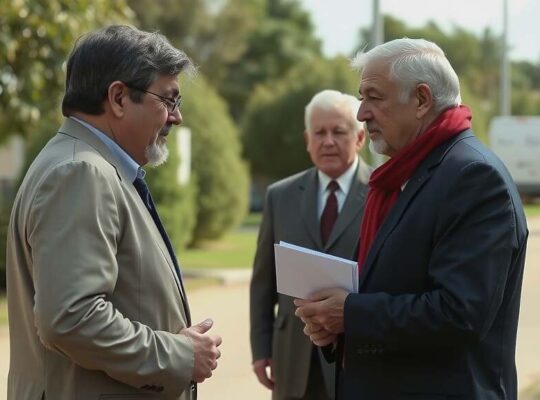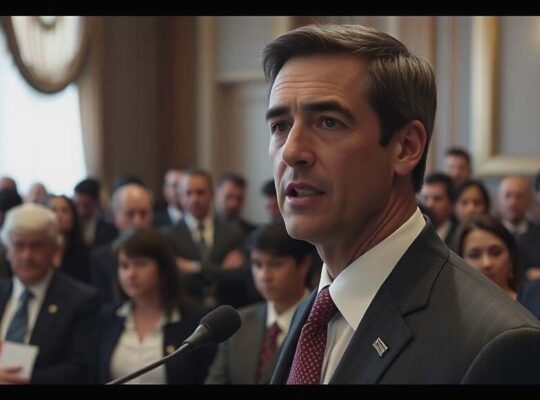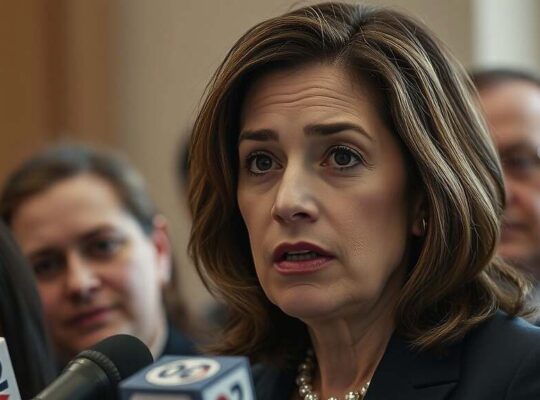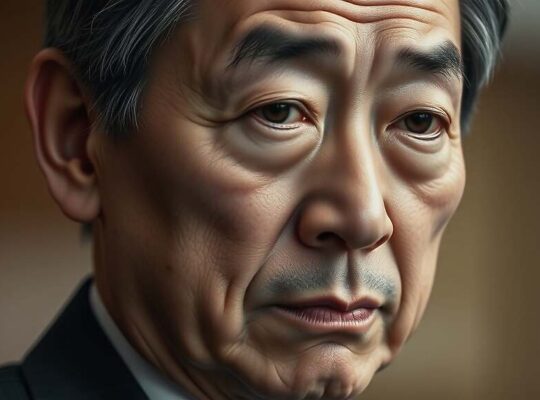The nomination of Frauke Brosius-Gersdorf to the Federal Constitutional Court continues to generate significant reaction and debate within German political circles. Following discussions between the candidate and representatives of the Catholic Church, where church leaders acknowledged having been misinformed regarding certain aspects of her work, the parliamentary group leader of the Social Democratic Party (SPD), Matthias Miersch, has publicly criticized calls for Brosius-Gersdorf’s withdrawal from the Union (CDU/CSU).
Miersch expressed his appreciation for the church representatives’ willingness to engage in direct dialogue and acknowledge their initial inaccurate understanding. He suggested that other political actors, particularly those within the Union, should follow suit and seek direct communication with the nominee rather than routinely joining calls for her resignation. He emphasized the importance of a respectful and democratic process in dealing with a highly qualified candidate.
Interior Minister Alexander Dobrindt (CSU) previously suggested that Brosius-Gersdorf consider resigning to avoid further societal polarization, while Chancellor Friedrich Merz refrained from commenting on the candidate’s conversations with church officials during a summer press conference, deferring decision-making to the Union’s parliamentary group.
Constitutional law expert Alexander Thiele has cautioned against a hasty withdrawal of Brosius-Gersdorf from the nomination process, arguing the core issue is the manner in which she is being treated and not her qualifications as a scholar. He stated that a quick retreat would be problematic for future nominations and that finding a candidate devoid of any political views is unrealistic.
Thiele also discouraged proposed changes to the election procedure for Constitutional Court judges, defending the existing two-thirds majority requirement as a guarantor of balanced judicial rulings. This position directly contrasts with statements from Culture Minister Wolfram Weimer, who had advocated for simple majority votes.
Furthermore, Thiele suggested that the Union would eventually need to reconsider its relationship with the Left party, arguing that a reevaluation of the existing incompatibility resolution could become necessary, regardless of current political preferences, due to shifting political dynamics. He believes that maintaining majority decision-making power increasingly requires broader coalitions, making the potential for compromise and collaboration between different political factions increasingly crucial.




